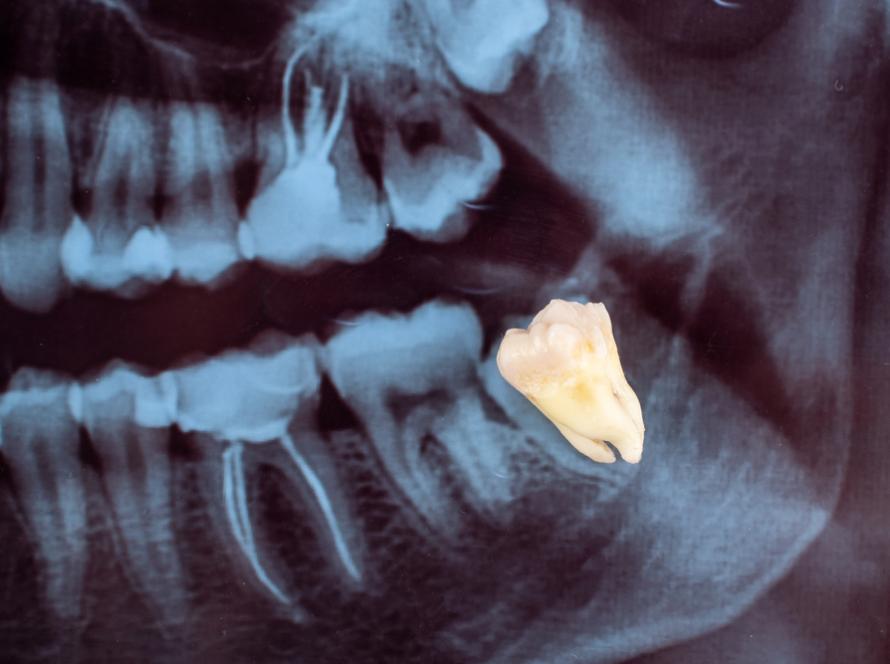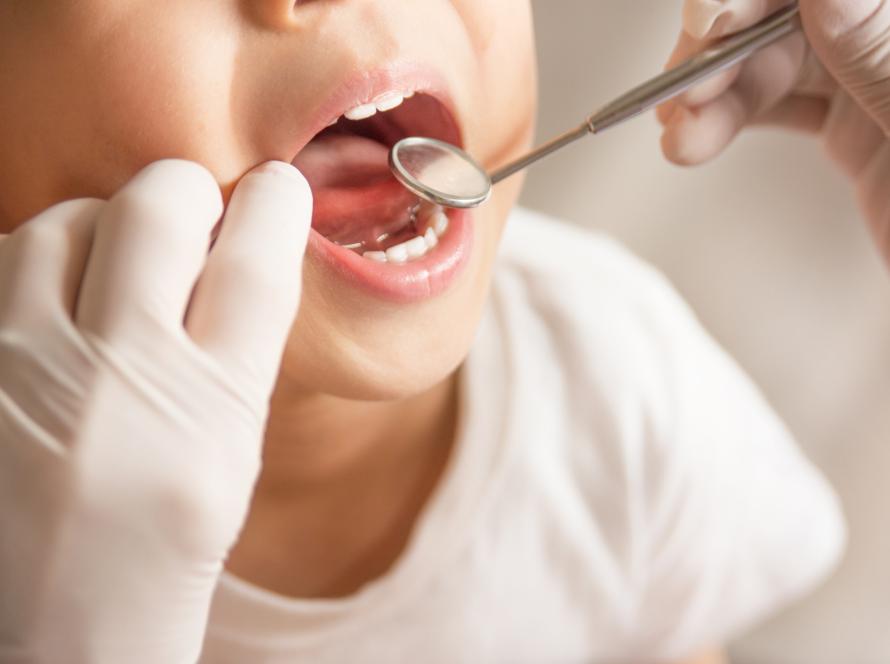According to The Smile Place, allergies can affect kids’ oral health. They cause mouth breathing, dry mouth due to medications, restricted diet due to food allergies, and allergic reactions to dental materials. Woodlawn Kids Dental decodes the reasons how allergies can harm your kids’ oral hygiene. (Source: The Smile Place, Can Allergies Harm Your Kid’s Teeth?, May 12, 2021, https://thesmileplacede.com/can-allergies-harm-your-kids-teeth/ ).
Mouth breathing
The Smile Place explains how many of us are familiar with the unpleasant symptoms of allergies, such as itchy and watery eyes, nasal drip, and sinus congestion. Although allergies can be bothersome, they can have a greater impact on your kids’ oral hygiene than you may realize. Research by the Academy of General Dentistry has shown that mouth breathing can impact tooth development and cause a range of oral health problems. In children, excessive mouth breathing can lead to a gummy smile, facial development issues, and dry mouth. This can further exacerbate oral health issues.
Woodlawn Kids Dental agrees, “Allergens trigger an overproduction of mucus in the body, which can block airways and sinuses, leading to mouth breathing as a compensatory mechanism. This can be concerning for your kids’ oral hygiene, as mouth breathing can have implications for their oral health. Although it may not seem like a big issue, mouth breathing can have significant implications for oral health. Make sure to schedule a regular dental checkup with your children’s dentist to keep an eye out for these symptoms.”
Dry mouth
The Smile Place shares that Dry mouth is a prevalent issue among dental patients. It is not just uncomfortable but also poses a significant risk to oral health. With the decrease in saliva production, teeth are more susceptible to decay as saliva plays a crucial role in rinsing away bacteria and neutralizing acids that attack tooth enamel. This exposes teeth to harmful bacteria and acids, leading to an increased risk of decay. Furthermore, dry mouth can cause chronic bad breath and lead to the development of gum disease.
Woodlawn Kids Dental elaborates, “Dry mouth can have adverse effects on a child’s oral health, including:
Increased risk of tooth decay: Saliva helps to rinse away food particles, neutralize acids in the mouth, and remineralize tooth enamel. Without sufficient saliva, the risk of tooth decay increases.
Difficulty in swallowing and speaking: Dry mouth can make it difficult for children to swallow and speak, leading to discomfort and frustration.
Sore throat and mouth sores: When there is insufficient saliva, the mouth and throat can become dry and irritated, leading to the development of sores.
Gum disease: Dry mouth can also increase the risk of gum disease, as the lack of saliva makes it easier for bacteria to accumulate on the teeth and gums.
Bad breath: A dry mouth can cause chronic bad breath, which can negatively impact a child’s self-esteem and social interactions.”
How to care for your kids’ oral health with allergies
The Smile Place suggests that with allergies, it is important to encourage regular dental checkups. You need to provide plenty of water, limit sugary and acidic foods, consider allergy-friendly dental products, and talk to your children’s dentist about medications.
Woodlawn Kids Dental reiterates, “Caring for your child’s oral health when they have allergies can be challenging, but it’s crucial to take necessary steps to ensure they maintain good oral hygiene.”
“It is important to talk to your Children’s dentist about any allergies your children may have during their dental checkup. This will help you understand how these allergies may affect your kids’ oral health. The children’s dentist can recommend ways to manage the allergies and maintain your kids’ oral health,” Woodlawn Kids Dental concludes.


